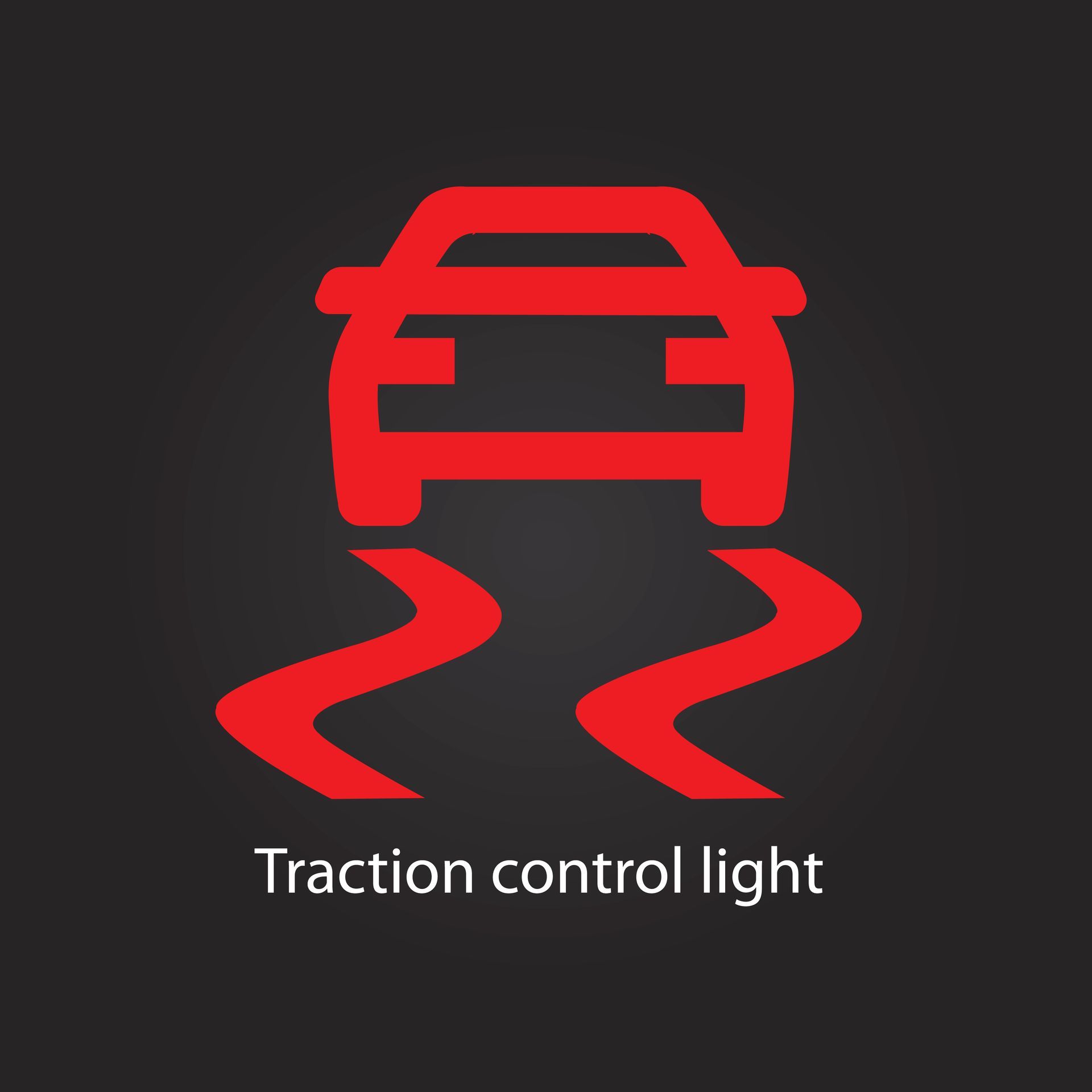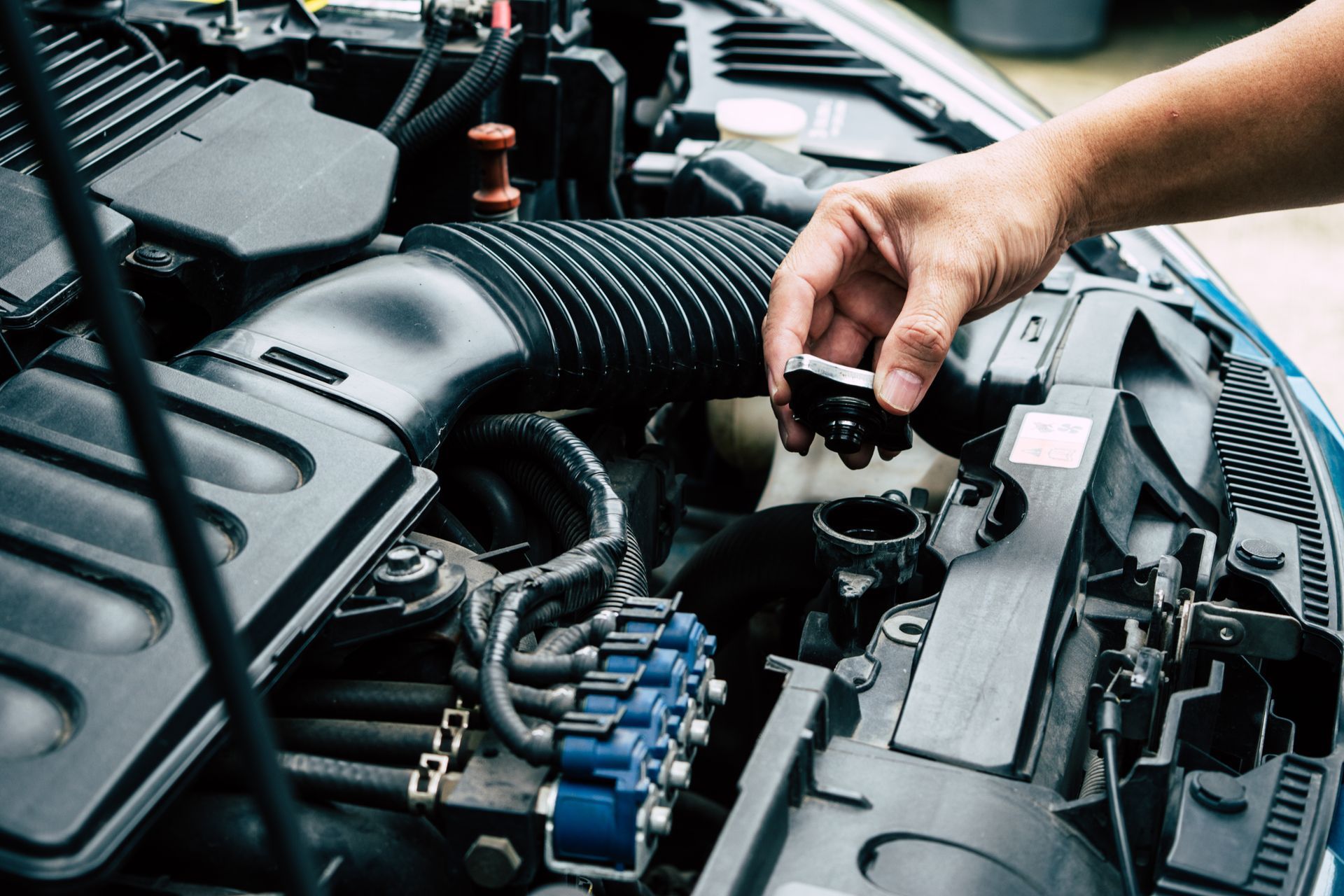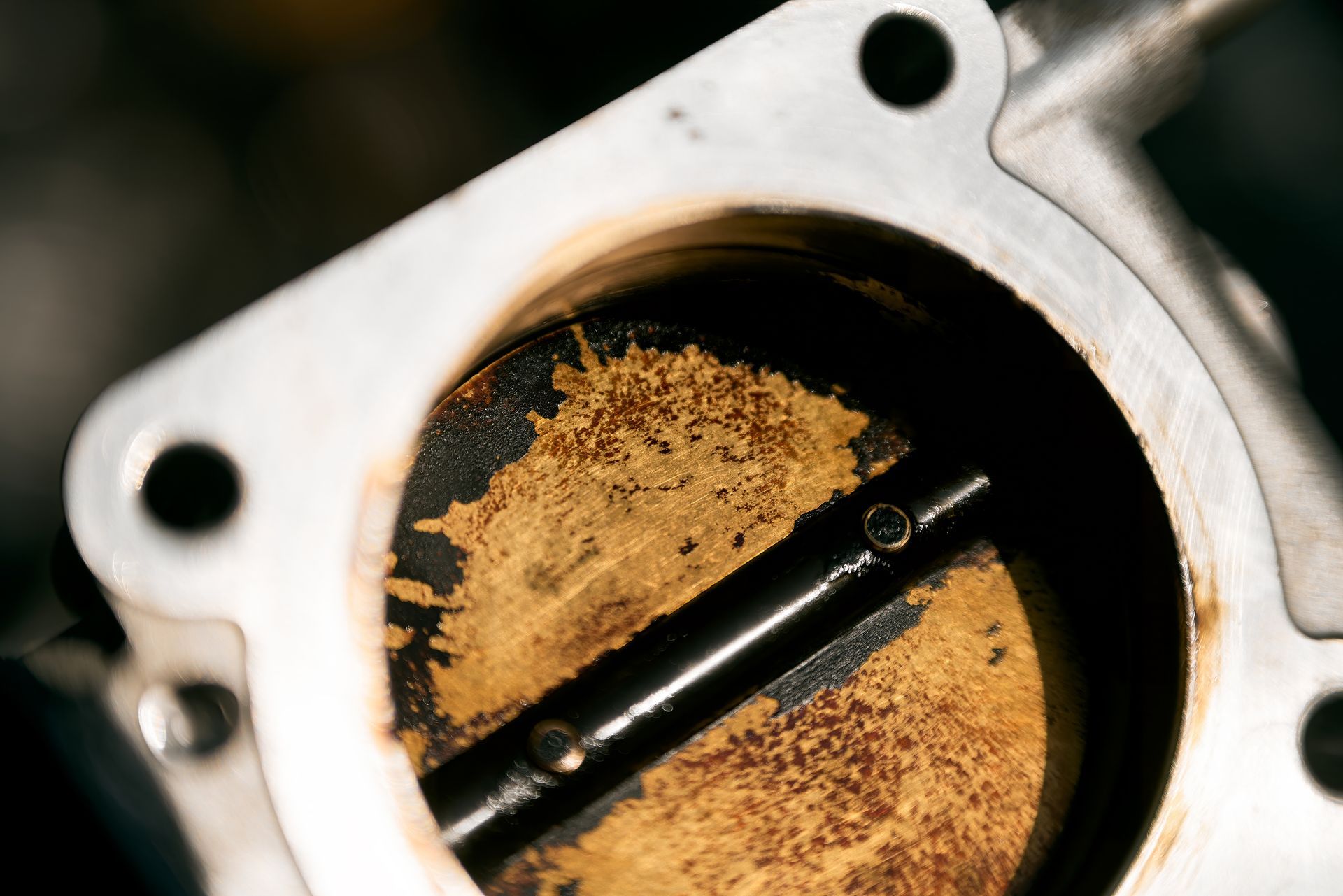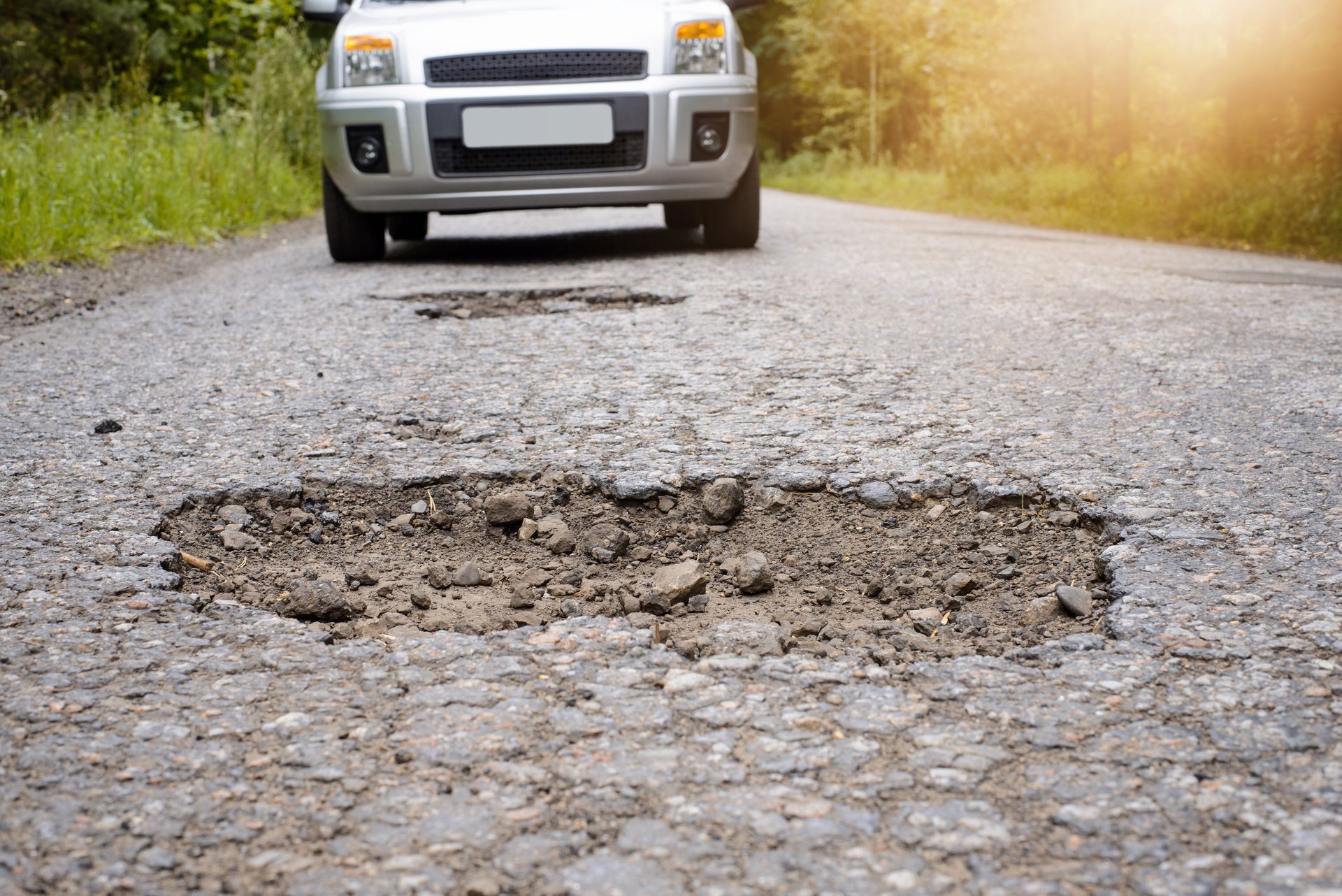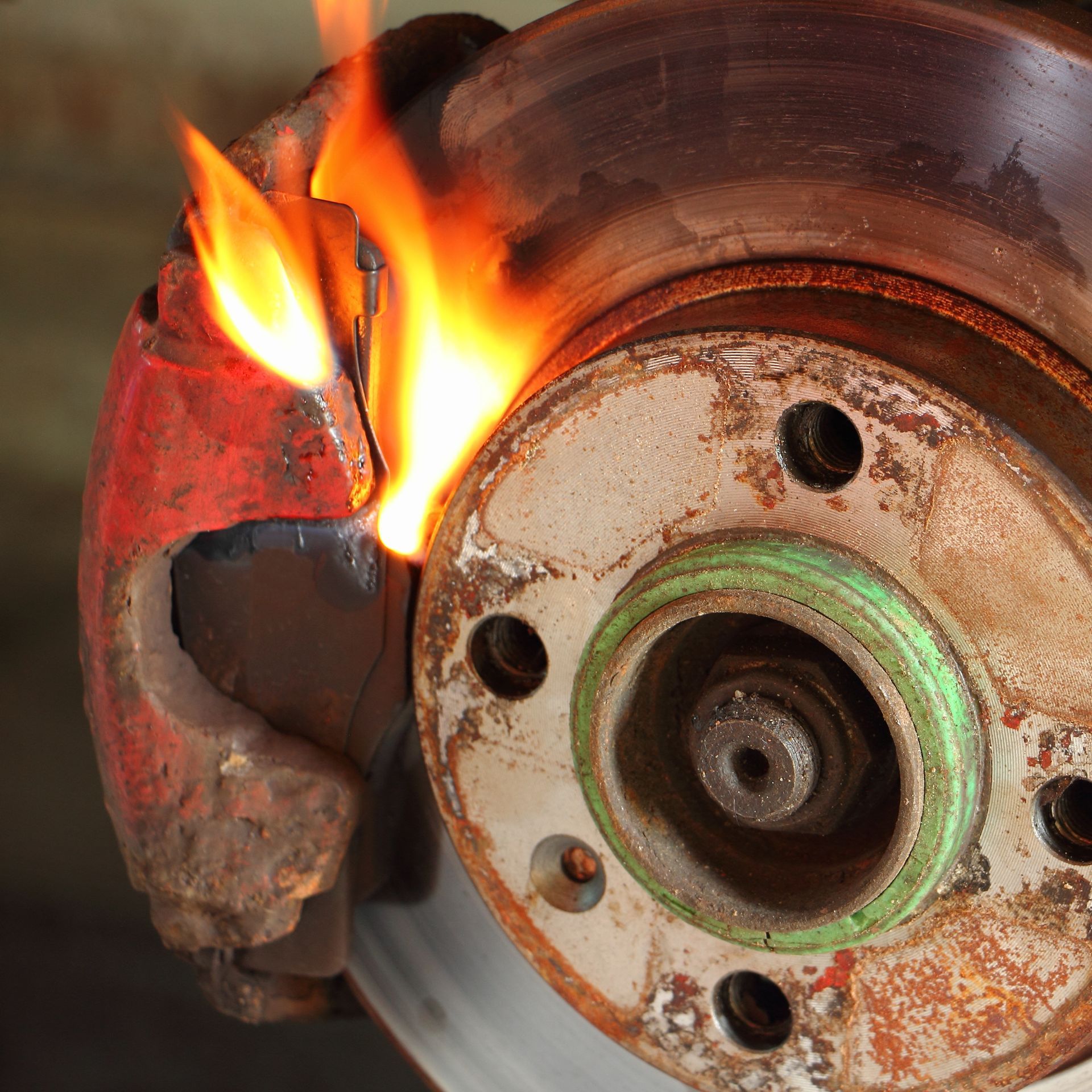We've all been there – that moment during a routine oil change when the old, dark, and somewhat murky engine oil is drained from our cars. But have you ever wondered - "Where does that used oil go next?" or something along those lines? It's a journey that's not only fascinating but also critical for the environment, so keep on reading if you want to find out more.
The First Stop - Oil Pan
After the mechanic or DIY enthusiast drains the used oil, it makes its way into the oil pan. This is usually a small reservoir at the bottom of your engine designed to hold the oil until it's pumped back through the engine. But once it's removed, the journey truly begins.
Collection Center - Recycling or Disposal?
Recycling Centers
The most environmentally friendly destination for used car oil is a recycling center. Here, the oil undergoes a meticulous cleaning process to remove contaminants like dirt and metal particles. Once purified, it can be re-refined into new oil or used in industrial burners to generate heat and electricity.
Re-Refining
This is where used oil gets a second chance at life. Re-refining involves removing impurities and additives, so it can be used as a base oil for new engine oil. The end product is often just as good as virgin oil, but it's more sustainable.
Industrial Uses
Some used oil finds its way to industrial burners. While this isn't the most environmentally friendly option, it's better than outright disposal. Used oil can provide a source of energy in certain manufacturing processes.
How Do They Dispose Of It
While responsible car owners and mechanics do their best to recycle used oil, not all of it ends up in recycling centers. Unfortunately, some used oil still finds its way into improper disposal methods, which can harm the environment.
- Illegal Dumping: In some cases, used oil is illegally dumped into sewers, storm drains, or even onto the ground. This reckless behavior can contaminate soil, and water, and harm aquatic life.
- Improper Disposal: Some individuals might dispose of used oil improperly by tossing it in the trash or simply letting it sit around. This poses environmental risks and is often illegal.
The Importance of Responsible Disposal
Properly managing used car oil is not just about being eco-conscious; it's also a matter of law in many places. Disposing of oil improperly can result in fines or penalties. So, whether you're a seasoned DIY mechanic or rely on professionals for your oil changes, ensuring responsible disposal is essential.
- Remember that oil does not dissolve in water and it can take decades before it starts to decompose and break down.
Oil changes, filters, and everything in between. Mountain Tech Inc. in Oregon City, OR, will be at your service no matter the problem!



